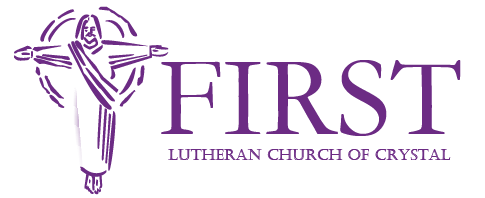Deacon’s Desk – November 2023
Siblings in Christ,
For November’s Newsletter I am borrowing an article from a Deacon serving the United Methodist Church. Hope you find it informative and inspiring.
“Diakonia is a strange Greek word. It is often translated as service. But diakonia means much more than simply doing things for others. It is an essential part of Christian identity and discipleship. It is about who we are and what we do as followers of Christ. Through baptism, we join not only the “priesthood of all believers” but also the “diaconate of all believers.”
New Testament translators use a wide variety of English words to convey the meaning of diakonia. The work of diakonia is described as service, food distribution, waiting at table, ministration, task or simply ministry. The person of diakonia is rendered servant, slave, helper, minister, agent, emissary, representative or deacon. Thus, the work and person of diakonia combines ordinary service with being an emissary of God! As my Lutheran colleague Norma Cook Everist says, “Diakonia is gospel action.”
When Jesus’ disciples began to argue about who among them was the greatest, Jesus chastised them. They did not understand what it meant to be great. He used the word diakonia to explain status in the Kin-dom of God. “For who is greater, the one who is at the table or the one who serves [diakonōn]? Is it not the one at the table? But I am among you as one who serves [diakonōn]” (Luke 22:27, NRSVUE). Jesus embodied and performed diakonia through serving others at a table. Jesus was in the role of deacon, the server.
The diaconate of all believers
Diakonia is service sent by God and accountable to the church. The church is a body with many members. God invites each of the baptized to participate in the diaconate of all believers in a unique way. As Paul wrote to the church in Corinth, “there are varieties of services [diakoniōn] but the same Lord” (1 Corinthians 12: 5, NRSVUE). When I love my neighbor as myself, I am living out my discipleship to Christ. When I am sent by God and accountable to the church for my service to others, I am living out diakonia.
The church recognizes many forms of diakonia. Upon baptism, a Christian is readied for the diaconate of all believers. This call to diakonia is realized when someone is sent by and accountable to a faith community for their Christian motivated service in the church and the world.
We are currently experiencing an ecumenical renewal of diakonia. In the 19th century, diakonia was understood mainly as Christian motivated social service, as performed by nuns and deaconesses in poor urban areas. In the 20th century, diakonia looked more like those providing economic development, sanitation, clean water and employment opportunities. In the 21st century, diakonia is focused not only on serving others but also advocating for others.
Diakonia joins in solidarity with individuals and communities, empowering them to realize and utilize their own resources and gifts. Diakonia is not meant to create dependencies. Through diakonia, we build participatory communities in which true greatness is to serve others as an emissary of God. Thus, Paul taught, “we are ambassadors for Christ,” and “God . . . has given us the ministry [diakonian] of reconciliation” (2 Corinthians 5:18–20, NRSVUE). Diakonia is a call to all Christians to alleviate suffering and promote justice, peace, and human dignity.” Excerpts from an article by Rev. Dr. Darryl W. Stephens
Peace and blessings in Christ, Deacon Kirsten Kessel
